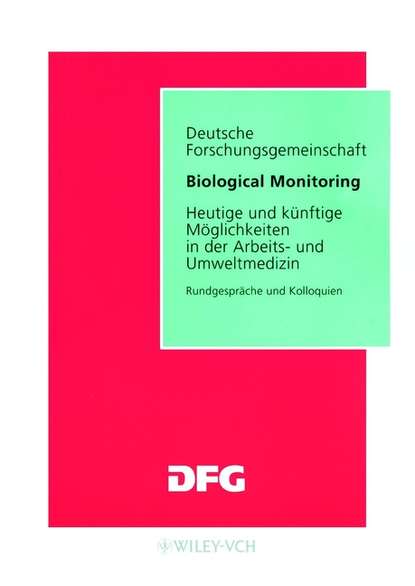Книга "Молекулярная эпидемиология хронических заболеваний" представляет собой пособие для исследователей в области молекулярной эпидемиологии. В ней представлены 26 глав, написанных специалистами по теме, в понятном и доступном стиле. Книга поможет читателям лучше понять последние достижения в области информационных и аналитических технологий, которые все чаще используются в эпидемиологических исследованиях. Она охватывает различные категории биомаркеров, такие как биомаркеры воздействия, восприимчивости и заболеваний, а также новые технологии, такие как геномика, транскриптомика, протеомика и метабономика. Книга также акцентирует внимание на новых статистических и биоинформатических подходах, необходимых для обработки больших объемов данных, генерируемых этими новыми методами. Она демонстрирует потенциальное применение лабораторных методов в решении эпидемиологических проблем и рассматривает их ограничения, включая источники неопределенности и неточности. Книга также обсуждает практические элементы проведения популяционных исследований, включая биологические репозитории и этику. Она является полезным инструментом для курсов по молекулярной эпидемиологии и иллюстрирует ключевые концепции и принципы на примерах популяционных исследований. Книга "Молекулярная эпидемиология хронических заболеваний" позволит эпидемиологам лучше понимать специфику исследований, связанных с биомаркерами, а лабораторным ученым - основные проблемы дизайна и анализа эпидемиологических исследований.
Электронная Книга «Molecular Epidemiology of Chronic Diseases» написана автором Chris Wild в году.
Минимальный возраст читателя: 0
Язык: Английский
ISBN: 9780470725719
Описание книги от Chris Wild
I think this is an excellent book–I recommend it to anyone involved in molecular epidemiology… The 26 chapters are written by topic specialists, in an explanatory, east to read style. –BTS Newsletter, Summer 2009 «This text provides an accessible and useful handbook for the epidemiologist who wants to survey the field, to become better informed, to look at recent developments and get some background on these or simply to appreciate further the relatively rapid changes in informatic and analytical technologies which increasingly will serve and underpin future epidemiological studies. One of the strengths in this book is the extensive array of practical illustrative examples, and it would also in my opinion have useful potential as a teaching text.» –American Journal of Human Biology, March 2009 With the sequencing of the human genome and the mapping of millions of single nucleotide polymorphisms, epidemiology has moved into the molecular domain. Scientists can now use molecular markers to track disease-associated genes in populations, enabling them to study complex chronic diseases that might result from the weak interactions of many genes with the environment. Use of these laboratory generated biomarker data and an understanding of disease mechanisms are increasingly important in elucidating disease aetiology. Molecular Epidemiology of Disease crosses the disciplinary boundaries between laboratory scientists, epidemiologists, clinical researchers and biostatisticians and is accessible to all these relevant research communities in focusing on practical issues of application, rather than reviews of current areas of research. Covers categories of biomarkers of exposure, susceptibility and disease Includes chapters on novel technologies: genomics, transcriptomics, proteomics and metabonomics, which are increasingly finding application in population studies Emphasizes new statistical and bioinformatics approaches necessitated by the large data sets generated using these new methodologies Demonstrates the potential applications of laboratory techniques in tackling epidemiological problems while considering their limitations, including the sources of uncertainty and inaccuracy Discusses issues such as reliability (compared to traditional epidemiological methods) and the timing of exposure Explores practical elements of conducting population studies, including biological repositories and ethics Molecular Epidemiology of Disease provides an easy-to-use, clearly presented handbook that allows epidemiologists to understand the specifics of research involving biomarkers, and laboratory scientists to understand the main issues of epidemiological study design and analysis. It also provides a useful tool for courses on molecular epidemiology, using many examples from population studies to illustrate key concepts and principles.



















